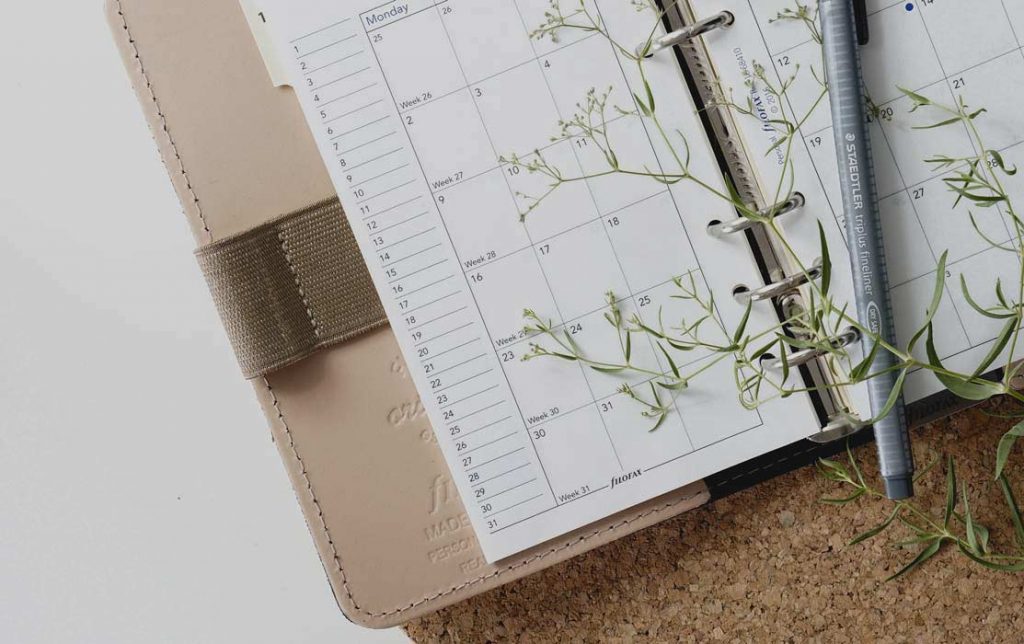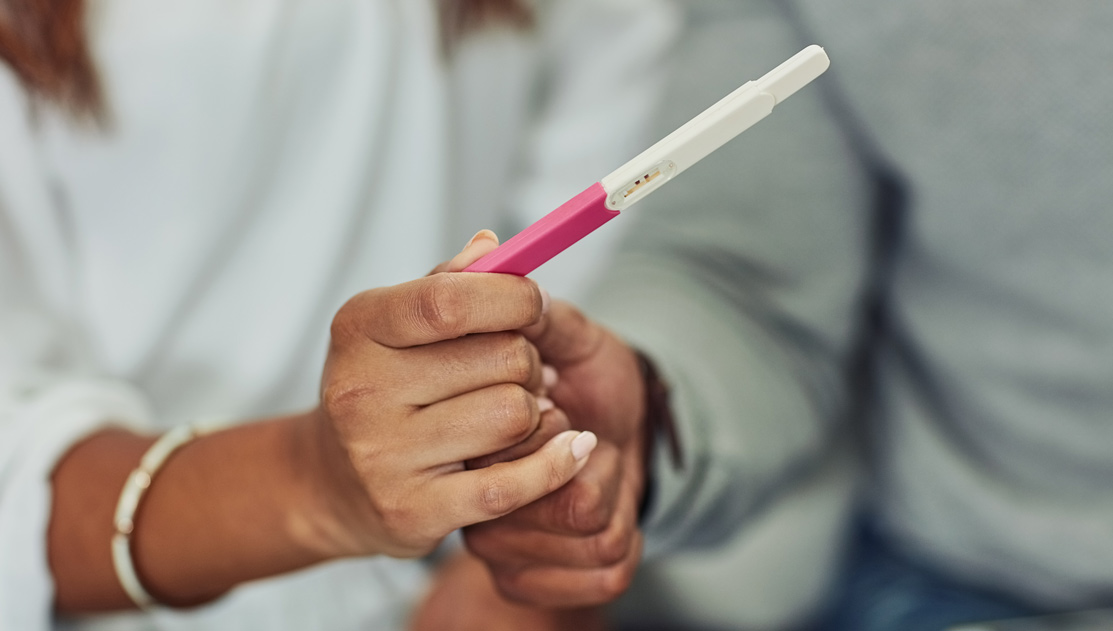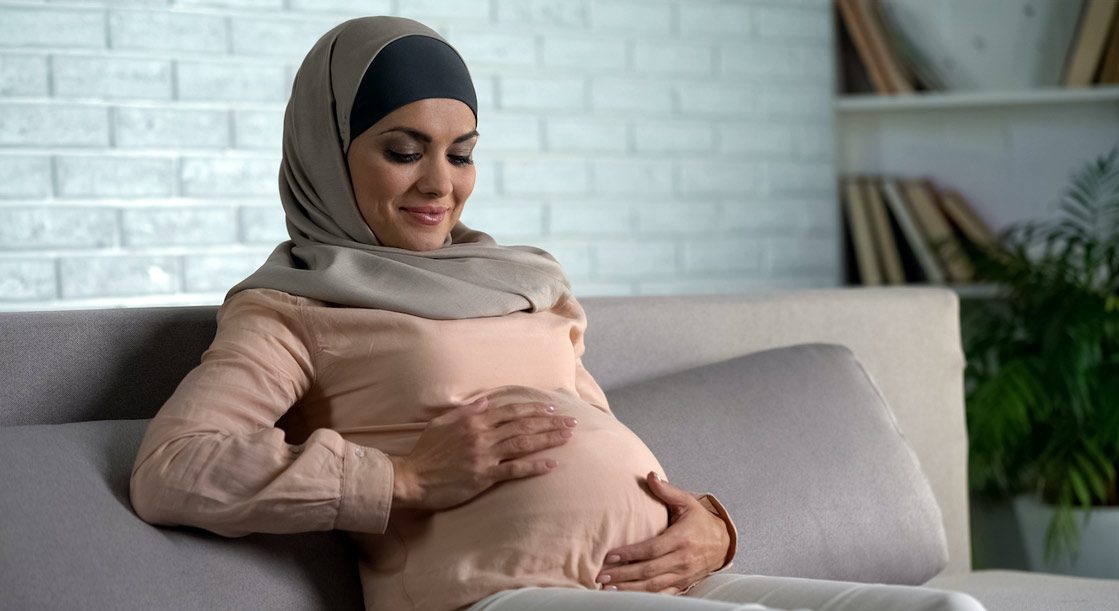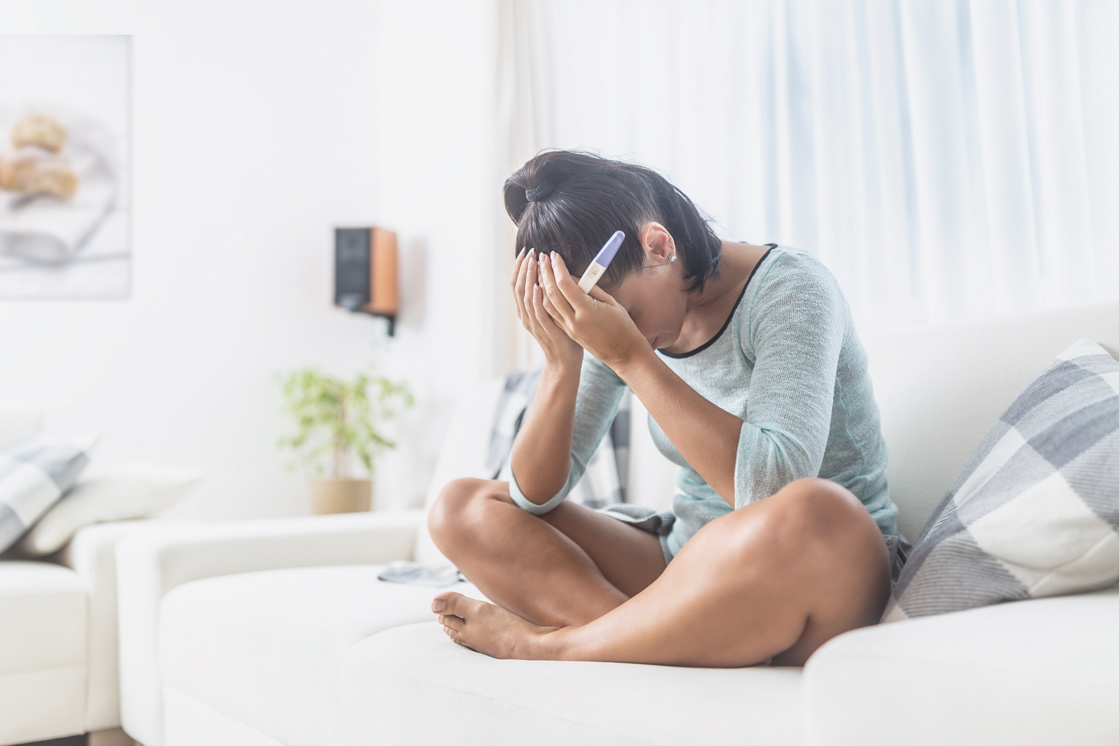Ovulation is a complex process that kicks off natural conception. The entire process involves certain hormones triggering at different points in your menstrual cycle resulting in ovulation (releasing a mature egg from your ovaries) and preparing your uterus for the embryo (fertilised egg).
Understanding what happens to hormones during ovulation could help you become more in tune with your fertile window, increasing your chances of becoming pregnant. However, fertile windows are not always apparent, especially in those with irregular menstrual cycles. For patients with this issue, ovulation induction is a possible treatment; we cover this in more detail further down.
Before ovulation
From the first day of your period, when you start to bleed, your body will produce increasing amounts of follicle-stimulating hormones (FSH) to promote the growth and maintenance of eggs inside your ovaries. The body then produces a surge of luteinising hormone (LH), which allows the release of an egg.
The egg matures in a sack of fluid (follicle). The follicle produces an increasing amount of oestradiol (E2) in the first two weeks of your cycle. E2 hormone encourages the thickening of the lining inside your uterus. This helps your uterus get ready to accept a fertilised egg.
Tracking E2 and LH are common ways to find out if you’re likely to ovulate in the near future, as they peak between 24 to 48 hours before ovulation. At The Fertility & Gynaecology Academy, we offer blood tests to help you determine your levels of oestradiol and other hormones.
During ovulation
During ovulation, E2 and LH decrease. The egg travels down the fallopian tube, surviving for around 24 hours by itself. If it meets sperm, the egg can be fertilised and will travel down to the uterus with the aim of implanting in the uterine lining.
Sometimes, more than one egg can be released and fertilised, which can result in twins. Identical twins are produced when a single egg becomes fertilised and undergoes division, producing two embryos.
After ovulation
The follicle that produced the egg will have ruptured in the process, and (whether or not fertilisation takes place) starts producing progesterone as well as E2. If you’re very in tune with your body, you could get an idea of whether or not ovulation has taken place by taking note of your basal body temperature (your body’s temperature at rest), as progesterone can cause an increase in basal body temperature.
Your fertile window typically begins three days before ovulation and three days after. This is when you’re most likely to get pregnant.
Atypical ovulation
The pattern described above is what happens during ‘typical’ ovulation. However, it’s important to note that not all menstrual cycles are typical. For example, the body may produce too little or no hormones and therefore ovulation does not take place; conversely, other glands may produce too many male sex hormones, such as testosterone, disrupting the balance between the pituitary glands and the ovaries.
There are a variety of issues that can affect hormone production, such as polycystic ovary syndrome (PCOS), which can trigger the overproduction of male hormones and even cause you to miss periods. If you’re trying to get pregnant and you are finding it difficult, testing for conditions such as PCOS can help you determine the cause and seek the appropriate treatment. You may also be able to determine whether you’re a candidate for ovulation induction…
Ovulation induction
This is a technique that allows us to get a better understanding of your cycle through hormone assessments and ultrasound scans. The result is the identification of your optimal fertility window for natural conception.
If ovulation is not taking place, you may be recommended to undergo a course of fertility drugs, which stimulates follicles in the ovaries to produce eggs with controlled timing. This allows you to plan when you’ll have sex if conceiving naturally, or schedule in intrauterine insemination or IVF.
Whatever your situation, it’s important to remember that there are tests and treatments available for a wide range of conditions relating to ovulation, and wider fertility issues. To investigate your fertility and find out more about fertility treatment options, book a video consultation at The Fertility & Gynaecology Academy by clicking here or calling 020 7224 1880.







